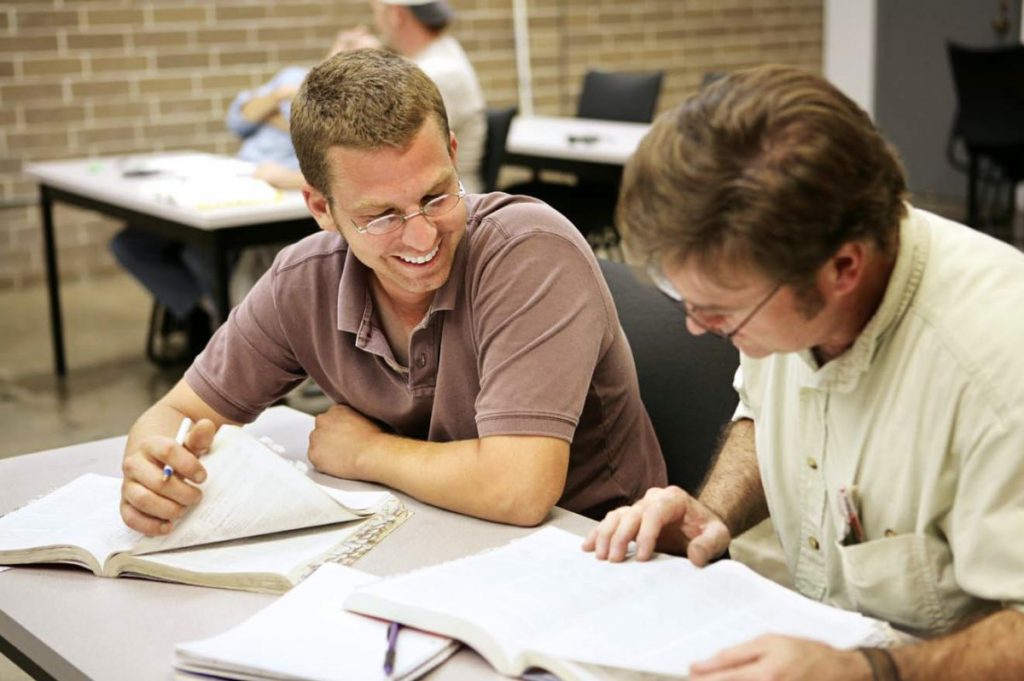Timing: how to manage time wisely
During the day.
In his new book When: The Scientific Secrets of Perfect Timing, writer Daniel Pink offers many tips for time management in terms of biology, psychology and even economics. Among them, there are several quite specific recommendations that can help in your studies. In particular, Pink advises you to consider circadian rhythms when planning your workload.
Circadian rhythms affect not only our sleep, but also our mood and concentration, which change cyclically throughout the day. On average, seven hours after awakening, concentration and mood reach a low point and then begin to rise again (this is why many life coaches advise you not to postpone important tasks and to start them in the first hours after awakening). It is our circadian rhythms in particular that are associated with the fact that the likelihood of errors at work (for example, in medical facilities) increases from 2pm to 4pm.

Of course, students do not have to get up early every day, and at the same time, but understanding their chronotype and circadian rhythms can be used for the benefit of learning. For example, the most difficult tasks (such as preparing for exams or a seminar) to plan for the first two or three hours after waking up – knowing that in the following hours, concentration will inevitably decrease (about what to do this “low-productive” time, let’s talk a little lower).
Before the deadline…
Of course, the most acute shortage of time is on the eve of the exams. By the way, “pulling to the last” is not just a habit of unhelpful students, in fact, this behavior is typical for most of us. One of the examples that Pink cites in his book is a study of scientists from the University of California at Los Angeles, which showed that most of the groups of subjects during the experiments do nothing (or almost nothing) at least the first half of the time before the deadline, and only then proceed to work.
To avoid the effect of “burning train”, scientists advise to set intermediate targets and use the technique of “movement on a chain”: every day during which you spent time preparing for the exam (performing a laboratory, writing a course), mark with a symbol. A chain of such symbols in the calendar will be an additional motivator not to drop what you started and reach the deadline without “spaces” and authorial work. Of course, the calendar will not sit you down for notes and will not turn off the social network, but will serve as a “stimulus” and a reminder – sometimes it can be very helpful.
We need more water.
Another fairly common advice is not to abuse caffeine, but to drink enough water. This recommendation has good scientific evidence – research in this area has been going on for quite a while. Thus, for example, in one of the experiments (a scientific publication on its results was published back in 1988) it was shown that even slight dehydration (1-2%) can cause cognitive decline. The study noted, in particular, the deterioration of short-term memory and the ability to solve arithmetic problems.
And authors of a later publication in the European Journal of Clinical Nutrition claim that ‘dehydration is a prerequisite for cognitive impairment’. Therefore, in order not to lose focus while studying, keep an eye on your well-being and do not tolerate thirst – especially if in addition to classes you actively train.
We learn in our sleep.
Another piece of advice from the obvious – that healthy and prolonged sleep has a positive effect on our mental abilities – is known to all. American researchers have gone further – and in the course of experiments have identified another important feature related to the way the brain works during sleep.
They showed that subjects are better able to memorize pairs of unrelated words if they are memorized before bed rather than in the morning. In this regard, scientists conclude that sleep stabilizes our memories and allows us to consolidate them – another argument against sleepless nights before the exam.
Brain exercises.
At first glance, the connection between sport and good performance isn’t obvious – in modern culture, a “typical excellent student” and physical activity are more like antonyms (remember Sheldon playing basketball). In fact, physical exercise is one of the factors that improve cognitive abilities, which is also confirmed by a number of scientific papers.
For example, one study on the subject confirms the connection between physical exercise and memory improvement. The researchers analyzed the performance of 120 people and noted the connection between regular aerobic exercises, increasing the size of the hippocampus and (as a consequence) improving the spatial memory of subjects.
Another useful feature of exercise is its help in fighting stress. The American Psychological Association, for example, noted that one of the advantages of regular exercise is the strengthening of the relationship between physiological systems (muscular, cardiovascular, nervous system), which are excited in an emergency situation. During training, the body “practices” a standard reaction to stress, as a result, “in combat conditions” we are able to better control ourselves, because during training the body has already “learned” to work with such conditions.

In 2012, Brain Research magazine published a meta-analysis of materials on the relationship between exercise and brain function. The result, however, was not particularly impressive – according to the analysis of 79 scientific materials, scientists noted that the relationship between the two phenomena (physical exercise and cognitive improvement) does exist, but is quite weak. However, the scientists do not deny that a greater effect is possible and depends on what exactly the results of cognitive activity recorded by the researcher in the experiment.
Weightlifting or crossfitting may not be the best way to start exploring the world of sports: if your goal is to improve health and brain function, even moderate physical activity will do. For example, the World Health Organization advises you to exercise moderately intensely for about 150 minutes a week – enough to help the brain, to begin to improve its health and not to drop out of school.
TL;DR
Plan for intense mental activity in the first half of the day (no matter when this “half” begins for you). During the first two or three hours after waking up, you will be as focused and motivated as possible to solve complex problems.
Keep in mind that after about seven hours of awakening your motivation and concentration will reach the lowest level – during this time it is better to break away from school and go for a walk or a jog to “relieve the brain” a little. Once you have regained your strength in this way, it will be easier to continue your studies.
In general, do not neglect sports. Sport alone will certainly not improve your grades, but it can make learning more effective – it will be easier for you to fight stress during exams and memorize information in lectures. You don’t have to spend long hours in the gym or sign up for the kung fu section – even 150 minutes of aerobic activity a week will be a good addition to your studies and improve your overall well-being.
Remember that even slight dehydration reduces cognitive ability, so try to pay attention to your feelings – do not ignore thirst. Especially if you work out during the day.
Although the most intense mental stress is better planned for the first few hours after waking up, you can well postpone learning until the evening. If this is problematic – for example, you need to learn a lot of exam tickets – use the time before bed to repeat what you have learned. This will make it much easier for you to remember the information the next day.
If you postpone your studies to the last day, remember that you are not alone. To “fool the brain,” try to put up intermediate mini-delelines (for example, “find articles on the topic of the course”, “write a literature review”, “think through the structure of research”). From now on, mark each day until the deadline during which you have progressed. A chain of “crosses” or “dots” will give you an extra incentive to do at least something during the day to help you get there.